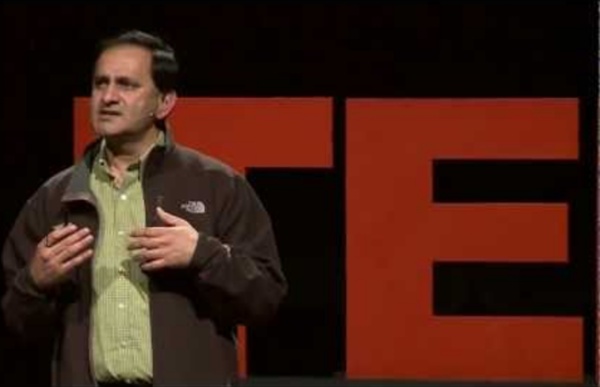



http://www.youtube.com/watch?v=l0s_M6xKxNc
Information and communication technology (ICT) in education Information and Communications Technology (ICT) can impact student learning when teachers are digitally literate and understand how to integrate it into curriculum. Schools use a diverse set of ICT tools to communicate, create, disseminate, store, and manage information.(6) In some contexts, ICT has also become integral to the teaching-learning interaction, through such approaches as replacing chalkboards with interactive digital whiteboards, using students’ own smartphones or other devices for learning during class time, and the “flipped classroom” model where students watch lectures at home on the computer and use classroom time for more interactive exercises. When teachers are digitally literate and trained to use ICT, these approaches can lead to higher order thinking skills, provide creative and individualized options for students to express their understandings, and leave students better prepared to deal with ongoing technological change in society and the workplace.(18)
7 Ed Tech Trends to Watch in 2018 Virtual Roundtable 7 Ed Tech Trends to Watch in 2018 What education technologies and trends will have the most impact in the coming year? We asked four higher ed IT leaders for their take. Whenever we analyze the landscape of higher education technology, we find a range of trends in various stages of development. There are topics with real staying power, such as learning space design (which has factored into our trends list for several years). Antimony Global Reserves The next generation of London Tube trains A new generation of London Underground trains enters service during 2022,* remaining in operation for 40 years.* The aging Tube network had been underinvested for decades – resulting in ever-worsening delays, overcrowding and safety issues. In the early 21st century, however, a massive programme of upgrades and modernisation was initiated. This included a £16bn ($26bn) project announced by Transport for London in October 2014, intended to fundamentally overhaul its rolling stock. Credit: Transport for London/PriestmanGoode
Educational Technology MIT Report Calls for Integration of Online Learning Research, Support for ‘Learning Engineers’ April 10th, 2016 by EdSurge A call to “blend” learning research is included in the report. How Technology Has Revolutionized Language Learning Like many things in life, technology has changed the way we learn languages beyond all recognition. Long gone are the old days of poring over textbooks and bulky bilingual dictionaries to learn a foreign language. But it's not just about ease and convenience. Education Technology Webinars Coming Out Stronger and Successful: From Remote Learning to New Hybrid Models Content provided by Microsoft. This webinar took place on June 16, 2020 @ 2 p.m. ETView this on-demand webinar now. How Technology and Learning Analytics Are Transforming Education Growing up in a rural area of the Chinese province of Sichuan, my education was traditional. I had no access to computers, and classes were rooted in old-fashioned pedagogy – based around the concept of a teacher dispensing information to be written down and then memorized by students. It was in my college years when I had the idea that, by taking advantage of modern technology, we could craft new educational models that may better prepare students for life in the 21st century. Beginning with my university education in Beijing, I started a journey that would lead me to the Institute for Knowledge Innovation and Technology at OISE/University of Toronto and, eventually, the LT Media Lab here at the University of Minnesota’s CEHD. I’ve been honored to be a part of the team here as we focus on designing and developing innovative environments to empower students to learn critical skills and help teachers infuse technology in their classrooms. Understanding Technology Use in Education
10 EdTech Conferences You Should Attend in 2018 If you are an educator, administrator, librarian, developer, or investor, you need to plan to attend an EdTech conference this year. Why? This is the perfect time to learn about a wide range of education technology that can be implemented into the classroom environment. In addition to highlighting new technology, these conferences offer a plethora of training and seminars to educate the educators. You will get to share ideas with others, gain new insights, and learn about the latest trends in educational technology. Below we are listing ten EdTech conferences you should make plans to attend in 2018.
Home - Association for Educational Communications and Technology
When watching this video, reflect on whether or not Raj's theories are practical and how they can relate to your own experiences with technology. by technologyintegrationeducation Apr 16